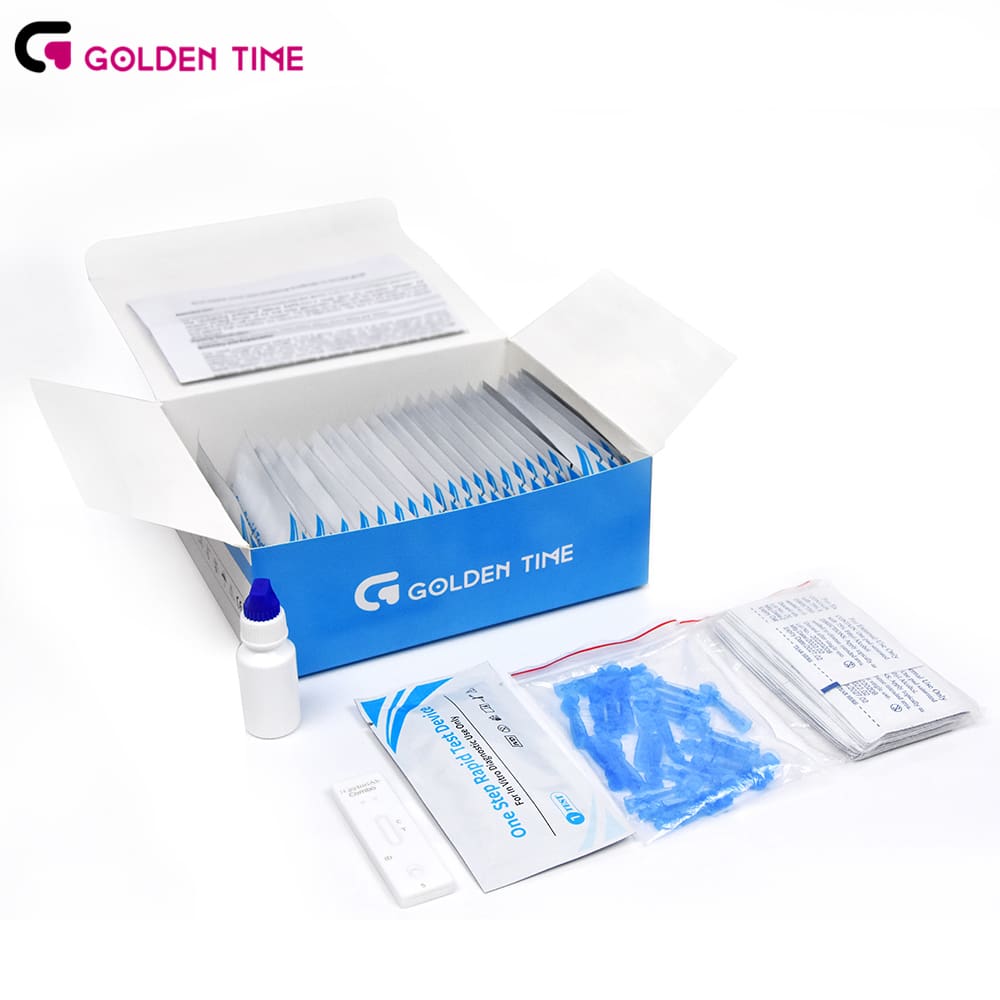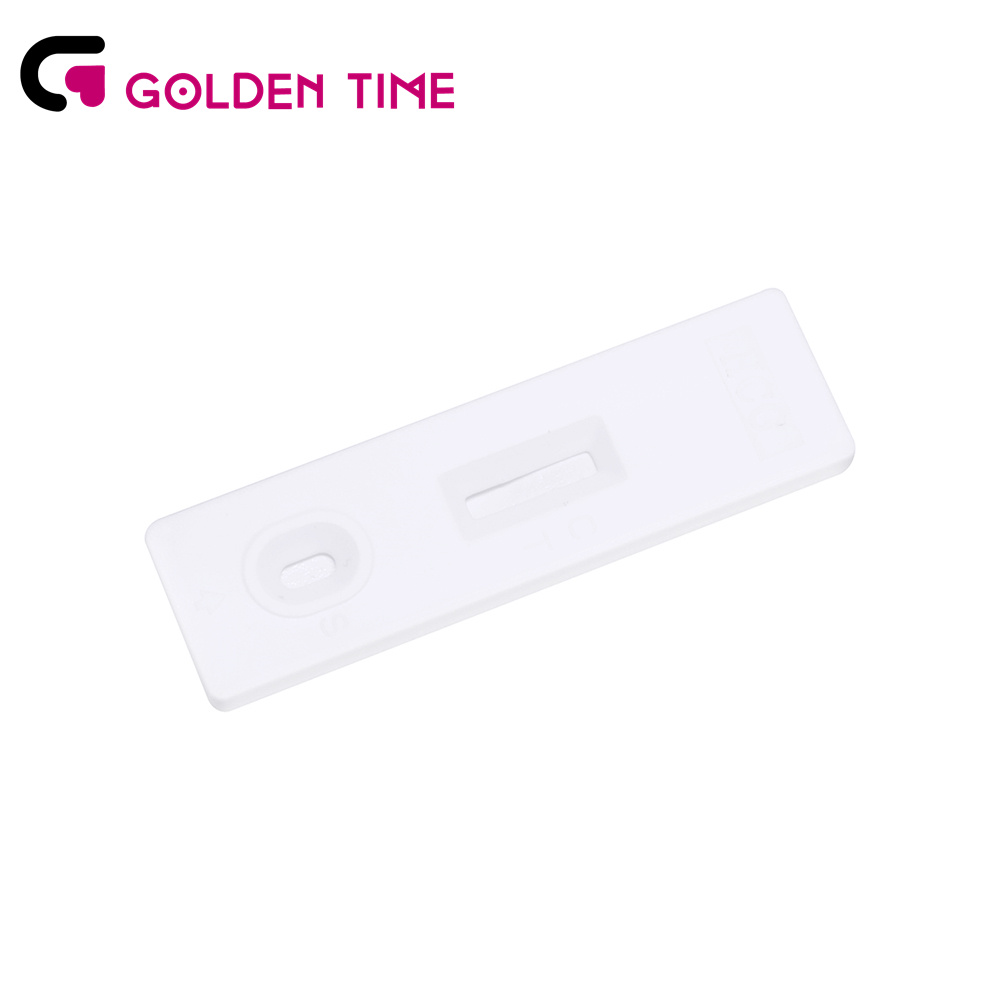Jan . 09, 2025 12:08 Back to list
test for covid-19
Navigating the landscape of COVID-19 testing can be daunting with the multitude of options available today. As an individual seeking clarity, understanding the nuances of these tests is imperative not only for personal health but also for the community's safety.
Given the importance of accuracy in these testing methods, selecting a reputable testing provider is critical. When choosing where to get tested, consider providers who adhere to guidelines set by health authorities such as the World Health Organization (WHO) or the Centers for Disease Control and Prevention (CDC). Additionally, facilities that offer comprehensive details about their testing process and equipment, such as the type of PCR machine used or the sensitivity and specificity rates of their antigen tests, are generally more trustworthy. In the digital age, at-home testing kits have surged, offering a convenient alternative for those unable or unwilling to visit testing centers. These kits empower individuals to conduct tests in the privacy of their homes, with results available online within days. While this innovation enhances accessibility, it's essential to verify that these kits are FDA-approved or meet other relevant national guidelines to ensure the reliability of the results. Ultimately, understanding the strengths and limitations of each type of COVID-19 test and trusting only reputable sources can make a significant difference in ensuring personal and public health. As the pandemic evolves, staying informed and vigilant remains our best defense.


Given the importance of accuracy in these testing methods, selecting a reputable testing provider is critical. When choosing where to get tested, consider providers who adhere to guidelines set by health authorities such as the World Health Organization (WHO) or the Centers for Disease Control and Prevention (CDC). Additionally, facilities that offer comprehensive details about their testing process and equipment, such as the type of PCR machine used or the sensitivity and specificity rates of their antigen tests, are generally more trustworthy. In the digital age, at-home testing kits have surged, offering a convenient alternative for those unable or unwilling to visit testing centers. These kits empower individuals to conduct tests in the privacy of their homes, with results available online within days. While this innovation enhances accessibility, it's essential to verify that these kits are FDA-approved or meet other relevant national guidelines to ensure the reliability of the results. Ultimately, understanding the strengths and limitations of each type of COVID-19 test and trusting only reputable sources can make a significant difference in ensuring personal and public health. As the pandemic evolves, staying informed and vigilant remains our best defense.
Next:
Latest news
-
Highly Accurate hCG Pregnancy Test Strips - 5 Min Results
NewsAug.02,2025
-
Premium Empty ABS Plastic Cassettes: Durable & Lightweight Storage
NewsAug.01,2025
-
Accurate Cocaine (Coc) Rapid Test Kit | Fast & Reliable Detection
NewsJul.31,2025
-
Accurate HCG Pregnancy Test Strips | Fast Home Use Kit
NewsJul.31,2025
-
Reliable Early Pregnancy Test Kit Supplier - Multi Plastic Cassette Options
NewsJul.30,2025
-
Transferrin Rapid Test Cassette – Reliable Tumor Marker Detection
NewsJul.29,2025

